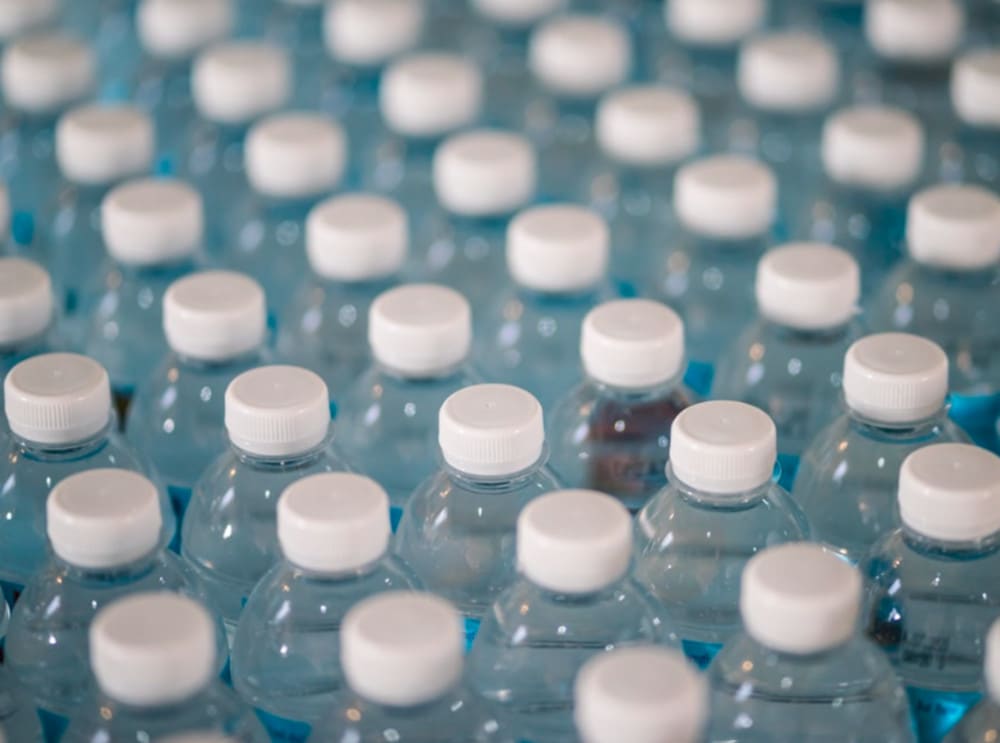It’s widely known that China has a problem with pollution and has long struggled to cope with the rubbish generated by its 1.4 billion citizens. Due to overpopulation, the convenience, overuse and waste of disposable plastics continue to increase. Plastic is to blame for much of the pollution on China’s lands and in its waters; almost three-quarters of China’s plastic waste ends up in landfills or out in the open. Thankfully, the Chinese government has decided to implement measures that seek to drastically decrease the use of disposable plastic items.
China’s National Development and Reform Commission and the Ministry of Ecology and Environment announced on Sunday, 19 January 2020 that the country will be issuing new restrictions on the production, sale and use of disposable plastic products. Over the next five years, China plans to phase out the use of disposable plastics such as plastic cutlery, plastic courier packages and plastic straws. By the end of 2020, a ban on plastic bags will be imposed in all of China’s major cities. This will be extended to all cities and towns in 2022. However, markets selling fresh produce will be exempt from this move until 2025.
By the end of this year, restaurants will not be able to use any single-use plastic straws and must reduce the use of single-use plastic items by 30 per cent. Hotels have been informed that they must not offer free single-use plastic items by 2025. The production and sale of plastic bags that are less than 0.025mm thick will also be banned.
Weng Yunxuan, secretary general of the China Plastic Processing Industry Association’s degradable plastic committee, stated that China will not fail to meet the market gap caused by the ban and that the country is technologically prepared for the production of biodegradable plastic bags.

While the consumption of plastic products continues to rise in China, so does public consciousness. Increasingly, more and more people in China have become worried about the impact of polluted air, water and soil. This is not the first attempt to curb plastic consumption and production in the country. In 2017, China announced that it would ban the import of foreign plastic waste. Prior to this, they were the world’s largest importer of foreign plastic waste.
Elsewhere in Asia, Thailand recently announced that single-use plastic bags will be banned in major shops, with a complete ban across the entire country in 2021. Jakarta, Indonesia, is also banning single-use plastic bags in department stores, supermarkets and traditional markets by June 2020. Bali, Indonesia, has banned single-use plastic in an attempt to preserve the island’s pristine beaches.
Currently in Hong Kong, the use of plastic bags is not prohibited, but as of 2015, retailers are required to charge 50 cents should a customer request a plastic bag. We’ve still got a long way to go before we reach a zero-waste economy, but with increased awareness and inspiring initiatives, there is certainly hope for us yet.
For more articles like this, follow Food’s Future on Facebook











